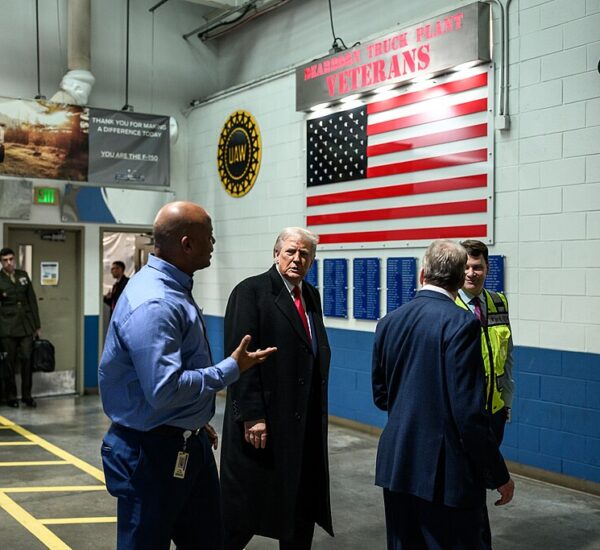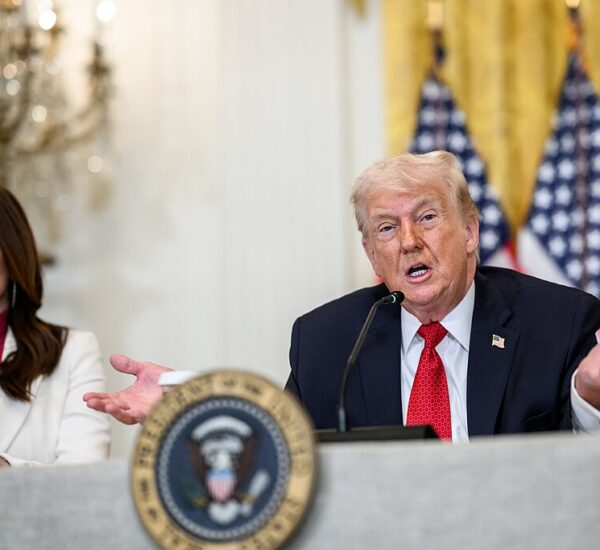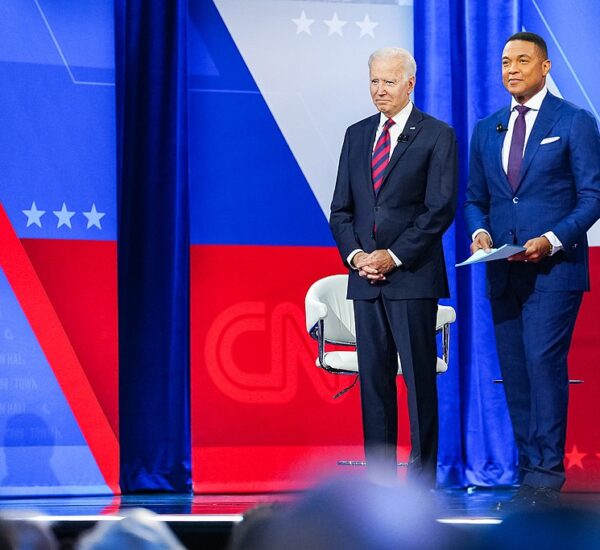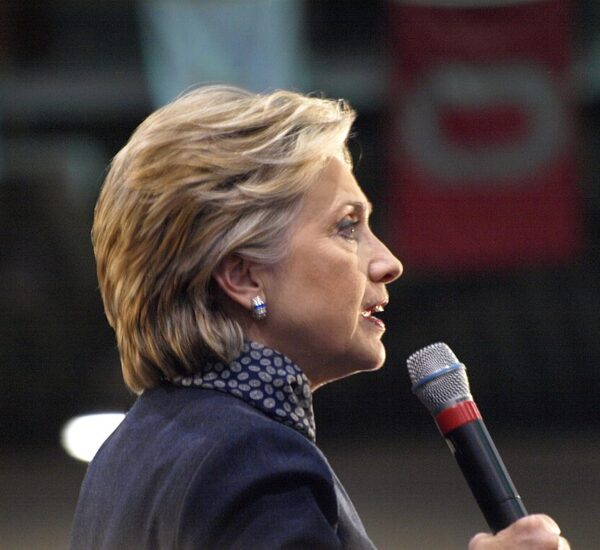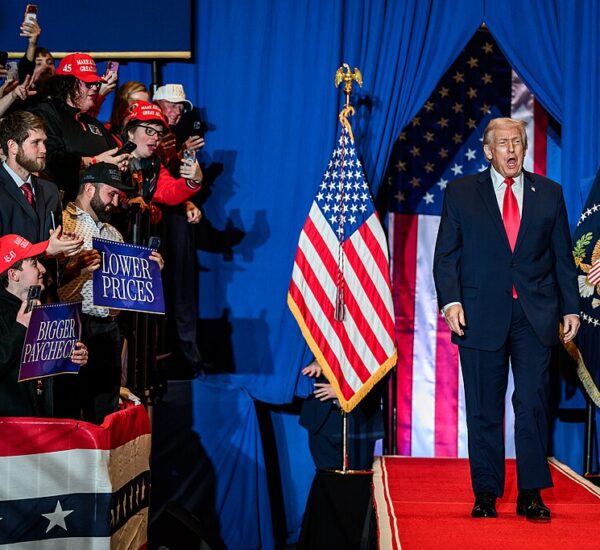GOP Raises Major Issue Over Pentagon Policy
A major debate is brewing within the Republican Party regarding President Trump’s choice for Defense Undersecretary for Policy, Elbridge Colby. Colby, a prominent defense expert, has raised concerns among some GOP senators due to his stance on international defense policy, particularly his advocacy for a shift in focus from the Middle East to the growing threat posed by China. This position has sparked questions about his ability to secure Senate confirmation for the post.
Conservative activist Charlie Kirk has vocally supported Colby’s nomination, calling out Republican senators, including Sen. Tom Cotton (R-Ark.), for working behind the scenes to block Colby. Kirk criticized the resistance to Trump’s pick, describing Colby as a crucial figure in stopping the influence of the “Bush/Cheney cabal” at the Department of Defense. He questioned Cotton’s opposition to Colby, highlighting his importance to Trump’s broader vision for U.S. defense policy.
Elon Musk, a Trump ally, also weighed in, asking why some conservatives were opposed to Colby. Musk’s tweet raised eyebrows, with many wondering if there was a deeper agenda behind the resistance to Colby’s nomination.
However, not all conservative voices are united in support of Colby. Fox News host Mark Levin has expressed his concerns, specifically over Colby’s views on Iran. Levin, in a post on X, emphasized that preventing Iran from obtaining nuclear weapons should be a non-negotiable priority for the U.S., and he suggested that Colby’s stance on the issue was a significant policy flaw. Some critics have noted that Colby has previously stated that a nuclear Iran could be contained, which they argue undermines U.S. national security interests.
On the other hand, Ohio Senator J.D. Vance defended Colby, acknowledging his consistent and well-informed positions on foreign policy over the last two decades, including his criticism of the Iraq War, which made him unpopular among establishment Republicans in the 2000s.
Despite these varying opinions, it is clear that Colby’s views have created a division within the GOP, with some senators, including Sen. Roger Wicker (R-Miss.), expressing concerns that his positions could complicate the confirmation process. The Conference of Presidents of Major American Jewish Organizations has also raised alarms, urging senators to question Colby about his views on reducing U.S. military involvement in the Middle East.
As the confirmation hearing has not yet been scheduled, it remains uncertain whether Colby will gain the necessary support to assume the role, or if his views will ultimately derail his nomination. The debate continues to unfold, highlighting the complex and often contentious nature of foreign policy within the Republican Party.

